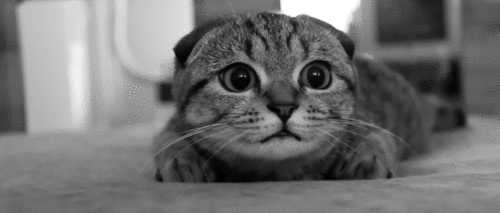A Finnish study coordinated by the Centre for Population Health Research at the University of Turku shows that cumulative adverse psychosocial factors in childhood are associated with worse midlife learning and memory, and specifically child’s self-regulation and social adjustment.
Along with aging population, the prevalence of cognitive deficits is growing. Thus, revealing the role of various exposures beginning from childhood is important in order to bring tools for cognitive health promotion. An adverse psychosocial environment in childhood may harm cognitive development, but the associations for adulthood cognitive function remain obscure. Results from a longitudinal Finnish study show that unfavorable childhood psychosocial factors may link to poorer learning and memory in midlife.
“Previous evidence on adverse psychosocial factors and cognitive outcomes comes mainly from either…


























